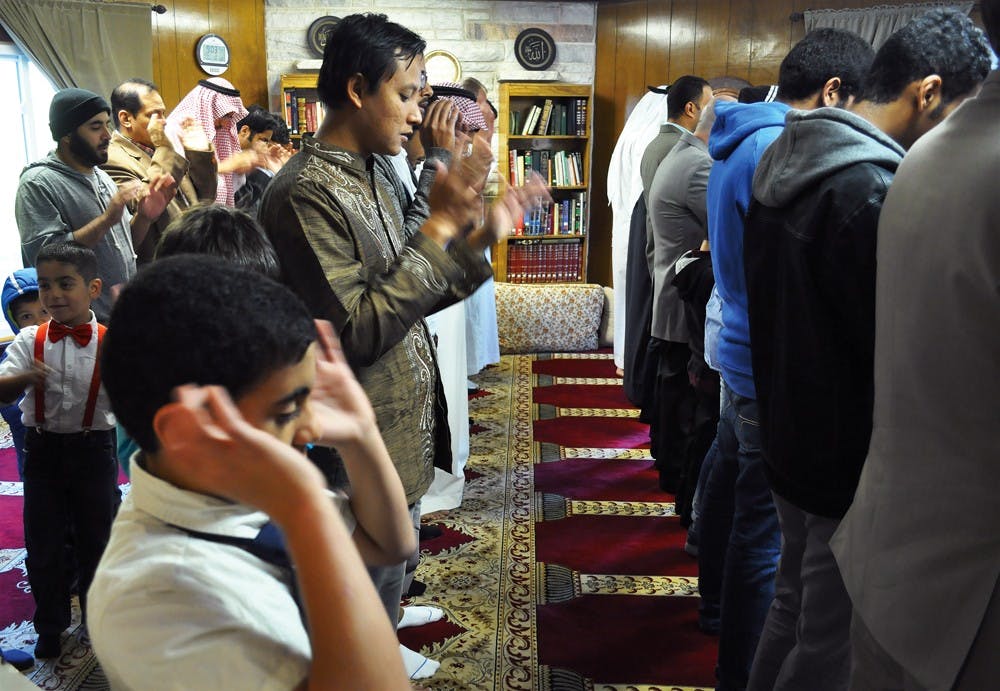CMU Muslim students united against ISIS

Members of CMU's Muslim Students Association (MSA) spoke on the current atmosphere of tension surrounding Islam following the announcement of a caliphate in Iraq and Syria by the terrorist group known as ISIS.
"Religion has been used for centuries for personal agendas. What ISIS is doing is not Islam. I believe the Muslim response is clear, they have nothing to do with our religion," said Mishari Alkhuwaiter, past president and founder of the MSA.
The vast majority of Muslims do not accept the militant faction as Islamic, nor do they recognize the caliphate it announced in the region, Alkhuwaiter said.
"In Islam, we condemn actions of ISIS. Killing innocents, forcing conversions, destroying places of worship, and killing emissaries are harim, explicitly forbidden in Islam," said Khaled Alothman, a CMU graduate student and MSA member.
According to Alothman, one of the prominent issues with ISIS is the lack of support from scholars, who, in Islam, represent the decision making and interpretive body of the faith.
This open dissent was documented Sept. 24 in an open letter signed by 126 religious leaders of the Sunni branch of Islam, condemning ISIS and refuting its interpretation of Islamic holy text.
The letter included signatures by prominent Muslim scholars and leaders including the Grand Muftis of Egypt, Jerusalem, Bulgaria, Kosovo and Malaysia. This letter sought to be the voice of dissent for followers of Islam across the world and brings awareness to the public that Muslims shouldn't be generalized with terrorist groups such as ISIS.
According to Adel Ahmed, the standing president of the MSA, these issues connect with CMU students.
"Members of Muslim Students’ Association haven’t face any situation in CMU or Mount Pleasant that made them feel discriminated against. All the people we have been meeting, whether professors, colleagues, students, or common people are very kind and friendly."
Talat Halman, professor of Islamic Studies, said the root of the problem when identifying ISIS with Islam is that while the group claims to follow Sunnah, the interpretive teaching and practices coinciding with the biographical records of the Prophet Muhammad, they are not doing it in correct context.
"Context is very important. For example, everyone points out the verse in the Qu'ran, chapter 9, verse 5: 'kill the infidels wherever you find them,'" Halman said. "If you read the fourteen verses that verse five is a part of you see that the issue is not religion, it's that they broke a treaty."
Halman encouraged students to be educated on the life and teachings of Islam and the history of the religion, particularly in its coexistence with other religions throughout the centuries.
And in regards to ISIS, Halman put it this way: "I have a name for this group: SCIS, or "the so-called Islamic State."



